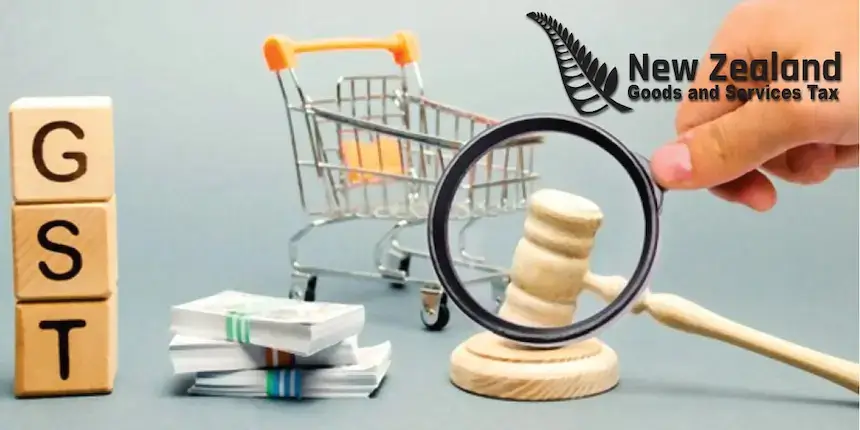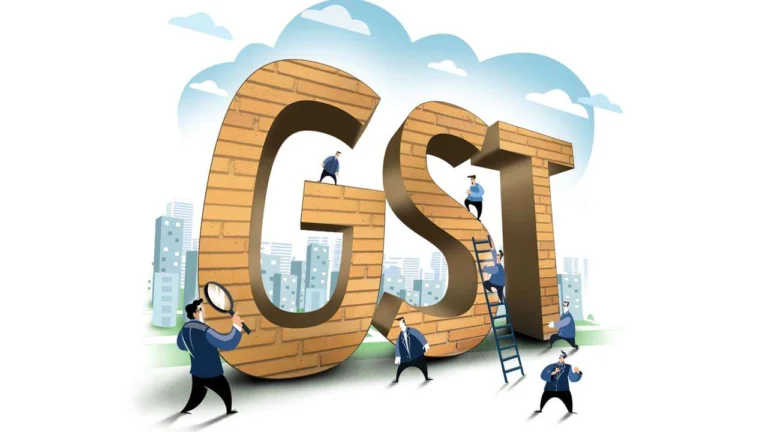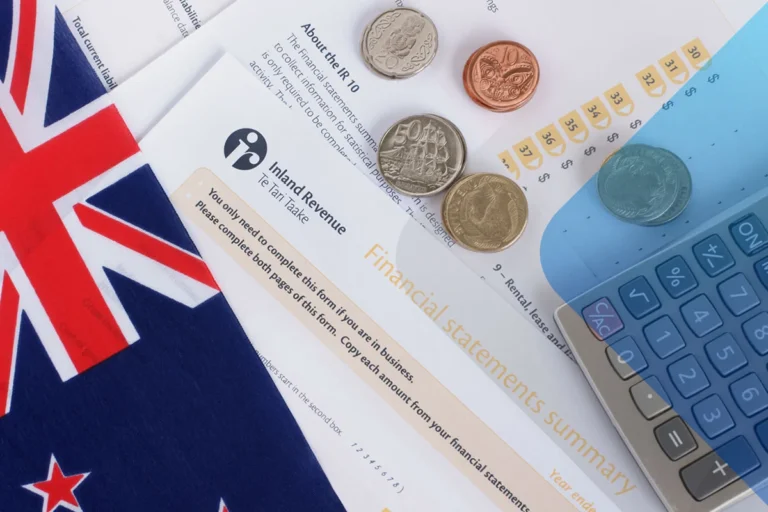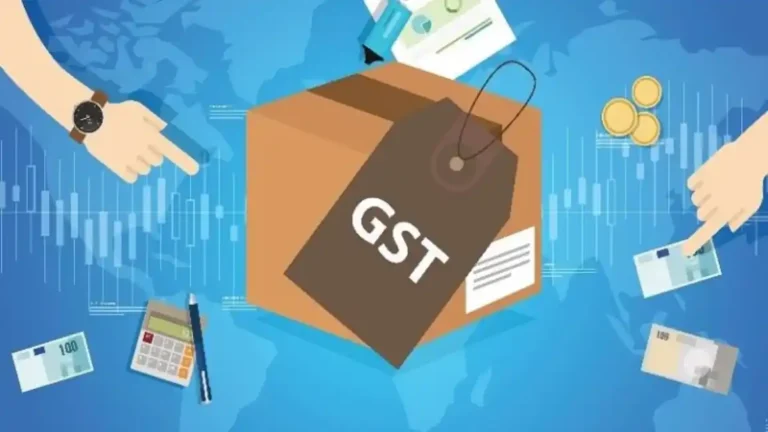Are you a new business owner or entity in New Zealand and wondering about the goods and service tax? Worry not, this blog will provide a step-by-step guide on how to register for GST in New Zealand. The goods and services tax is a type of consumer tax that any entity that is involved in a taxable activity i.e., buying and selling of goods or services is liable for in NZ. The Inland Revenue Department (IRD) is authorized to oversee all matters related to GST including GST registration, GST returns, and GST audits.

Read along to see who should register for GST, pay GST, and claim GST in NZ. And if you are a new business, how to register for GST in NZ.
Who needs to register for GST in NZ?
As per the New Zealand rule, any business or entity that is engaged in taxable activity must register for GST at IRD. This helps businesses collect, pay GST, and comply with the rules of GST set by the tax authorities. As a basic requirement, when a business has an annual turnover of $60,000 in a twelve-month period or is expected to cross this threshold in the next 12 months, then it is a must to register for GST. The goods and services tax is applicable to most taxable activities. While the standard GST rate is 15%, there are some Zero-rated and GST exempted products and services.
If you are starting a new business and are a sole trader, it is a good step to get GST registered so when you charge GST add GST to your prices, or pay GST you must follow GST return rules and where applicable claim GST back. To learn more about GST exemptions and how GST rules differ for different businesses, read these blogs.
| Register for GST |
| turnover of $60,000 in 12 months and expected to meet this target in the next 12 months |
| a sole trader that charge GST on goods and services |
GST Registration Process at IRD
The Inland Revenue Department is a government entity to regulate goods and services tax in New Zealand. Here is how you can register for GST in New Zealand:
- Go to the official page of IRD and register for GST. You will get an IRD number or GST number that can be used for GST returns. You can register as a sole trader or a group of companies.
- Bank account details for GST refunds and claims
- Business turnover in the last 12 months and expected turnover in the next 12 months period.
- You will need a business industry classification Code which you can find here on this website. once you select your industry and business type and this will give your industry-specific code. Or you can simply click on the ‘find my bic code’ button and it will take you to that webpage.
GST Filing and GST Returns NZ
Once you create your account on IRD, there are two important specifications that you must select i.e., Filling frequency of GST and Accounting basis.
Filing Frequency
Filling frequency is how often you will file tax returns. For GST-registered businesses, there are three options to select from:
When you register for GST online, you must select the filing frequency based on the turnover of your business. Once you decide the frequency, the next step is to select the accounting basis.
checkout to Find Out About 9 Common Mistakes to Avoid When Filing GST Returns in New Zealand
Accounting Basis
Accounting basis refers to how you will file GST claims. This could be a payment basis, invoice, or hybrid. When you’re a GST-registered business, it is of utmost importance to keep diligent records of sales and purchases. If your business has high sales and profits, the hybrid method is suitable as it involves submitting payment and invoice records. So sole trades or service providers, payment basis can be the best accounting basis as it will provide a record of GST charged for their taxable activity. Likewise, an invoice basis can work best when you are buying or selling products or taxable supplies.
There are no strict criteria regarding accounting basis, but it is best to examine your business portfolio, and annual turnover and then select an accounting basis that will help you maintain and file GST without error and hassle.
| GST Registered Entities can: |
| charge GST file GST returns pay any GST you owe IRD keep GST records |
How to Register for GST in New Zealand
If you’re starting out or have an established business, collecting GST or GST payments will be a key aspect of your business dealings. You can register online and get an IRD number. Select the accounting basis and filing frequency and fulfil your tax obligations in New Zealand.




